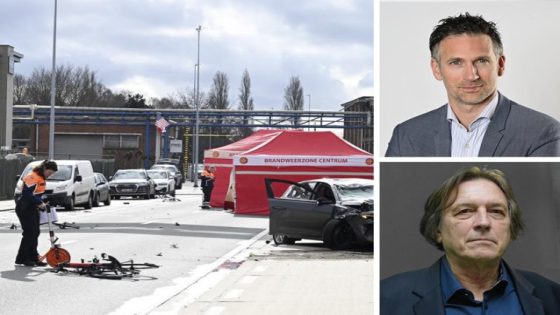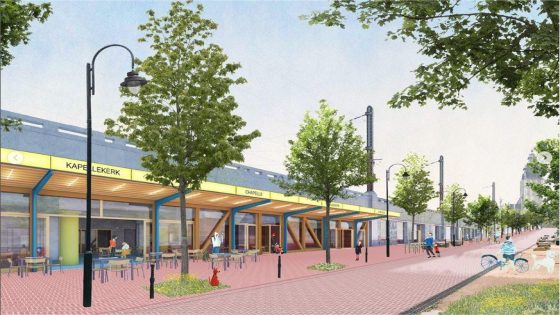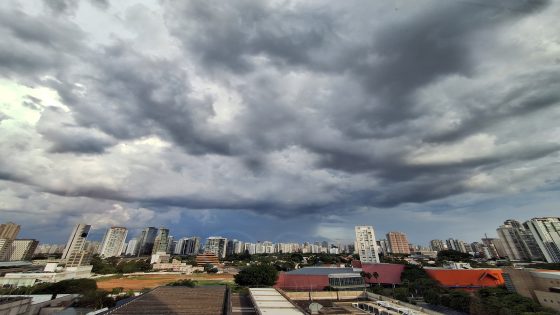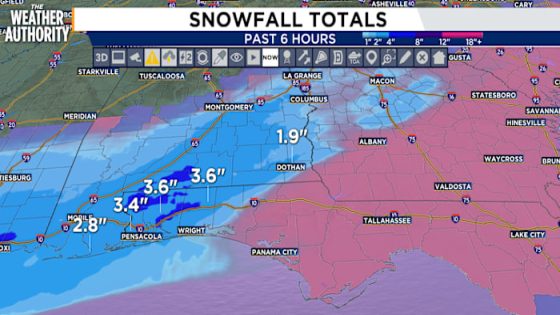On February 5, 2025, experts discussed the new stricter traffic rules introduced by the De Wever government in Belgium. While these regulations promise significant improvements in road safety, are they enough to change driver behavior? The debate continues as citizens express mixed feelings about the impact of these changes.
- Stricter traffic rules proposed by government
- Automatic summons for repeated traffic violations
- Swiss model for public transport adaptation
- Introduction of a points system for licenses
- Losing license after eight speeding offenses
Belgium’s Stricter Traffic Rules: What You Need to Know
Why are stricter traffic rules necessary in Belgium? Recent statistics show alarming rates of road accidents linked to speeding and reckless driving. The government aims to tackle this issue head-on with tougher regulations that could reshape how people drive.
The Impact of New Traffic Regulations on Drivers
The new rules introduce severe penalties for repeated offenses, including losing your driver’s license after just eight speeding violations within three years. This approach raises questions: Will harsher consequences lead to safer roads?
A Closer Look at Key Changes in Traffic Laws
Here’s what you should know about the upcoming adjustments:
- Tougher Penalties: Automatic court summons for repeat offenders.
- Points System: A points-based system will track driver infractions.
- Simplified Public Transport: Plans include closing small stations and introducing a mobility budget.
- Aiming for Safety: Experts believe these steps could significantly reduce accidents.
The Role of Technology in Enhancing Road Safety
Technology plays a crucial role in enforcing these new rules. Speed cameras and mobile applications can help monitor driver behavior more effectively than ever before. Could tech be the key to changing attitudes towards safe driving?
The Future of Driving in Belgium: A Community Effort
The success of these regulations depends on public cooperation. Will drivers embrace this shift towards safer roads? Engaging communities through education might encourage compliance and foster a culture of responsibility behind the wheel.
This ongoing discussion highlights an essential aspect of modern transportation policies—balancing enforcement with community support is vital for lasting change.
































